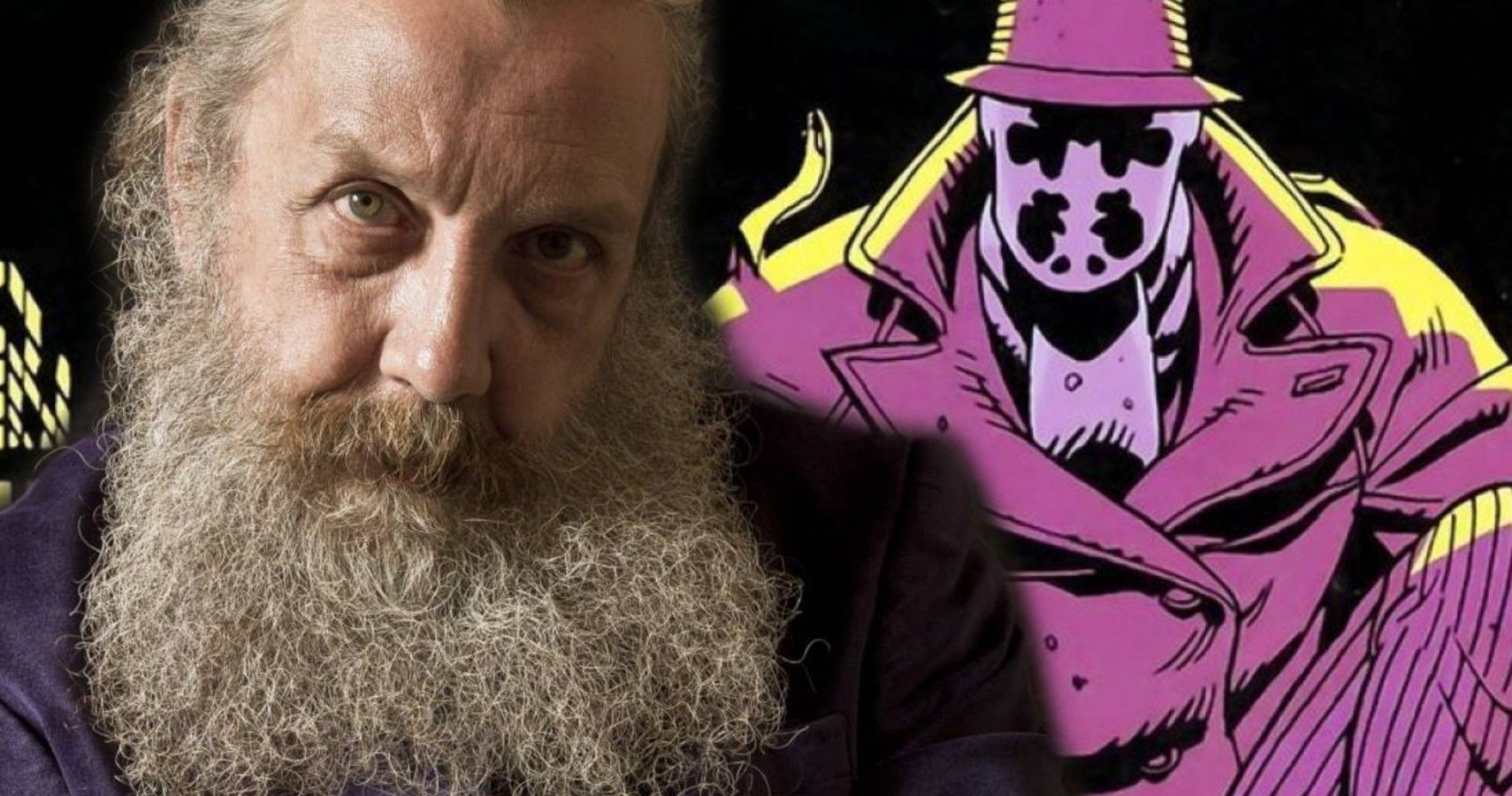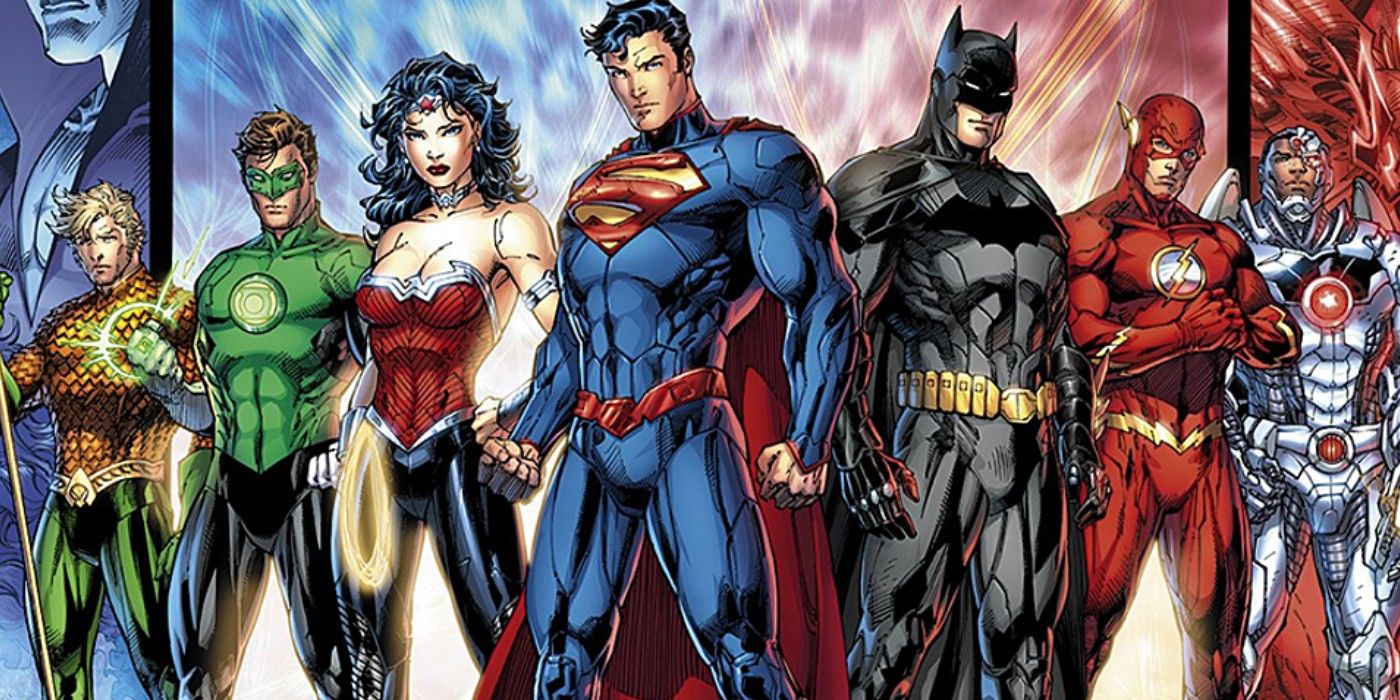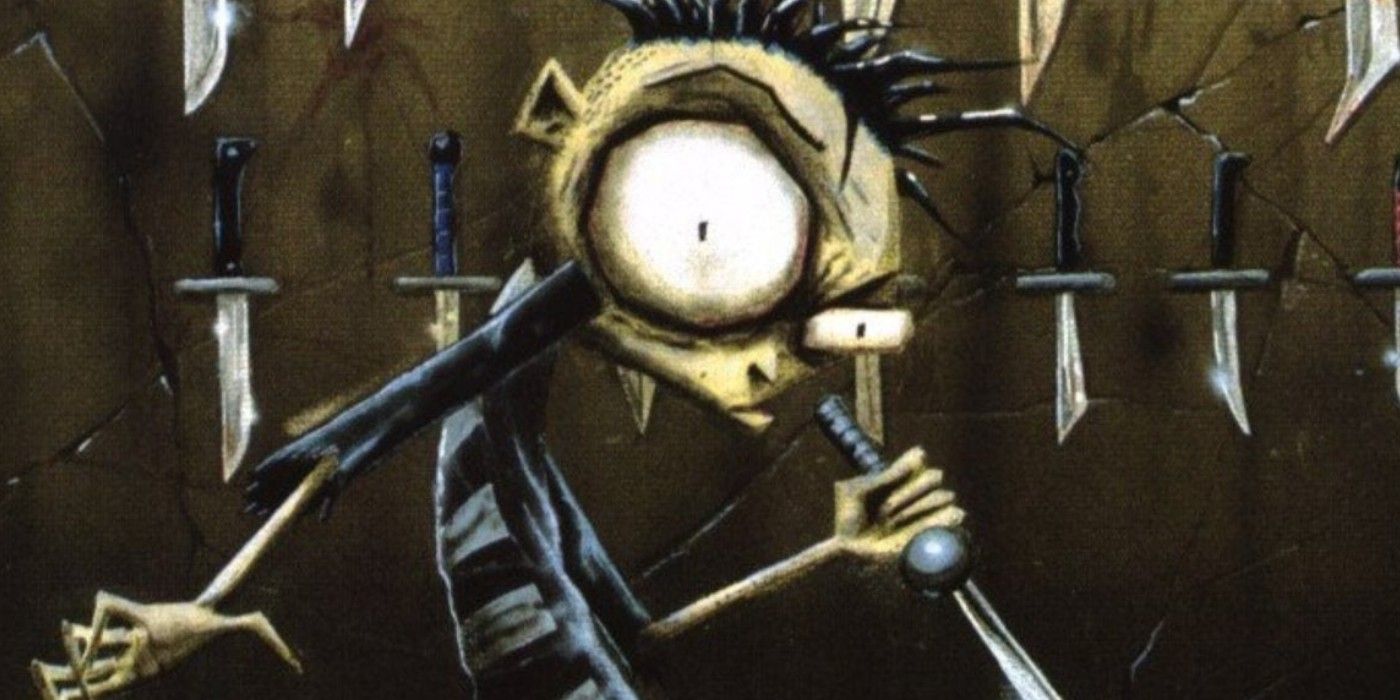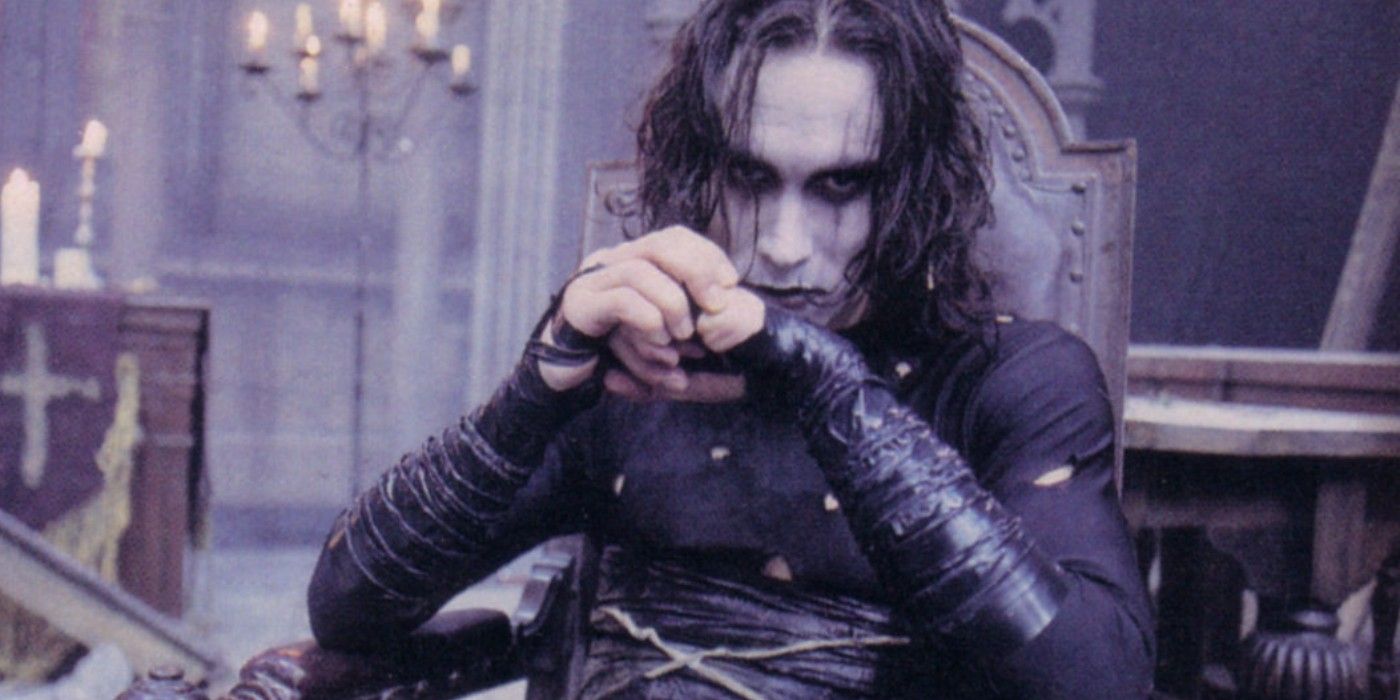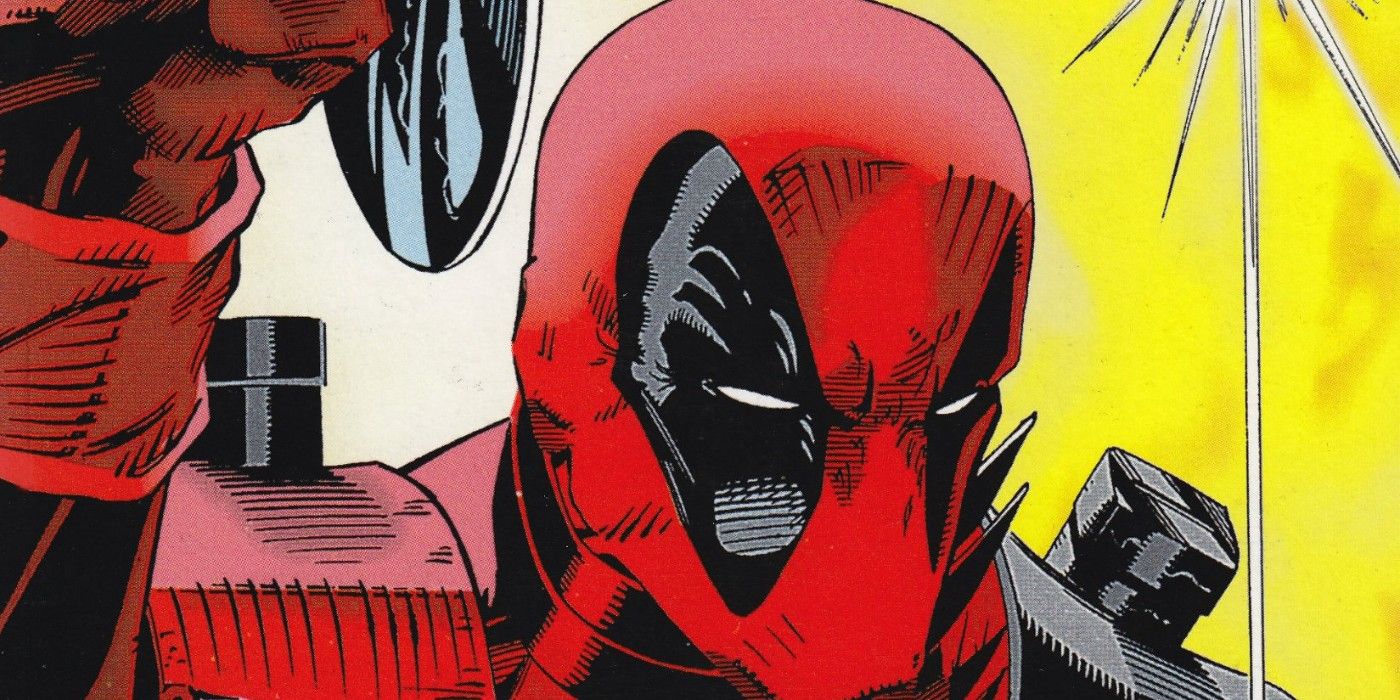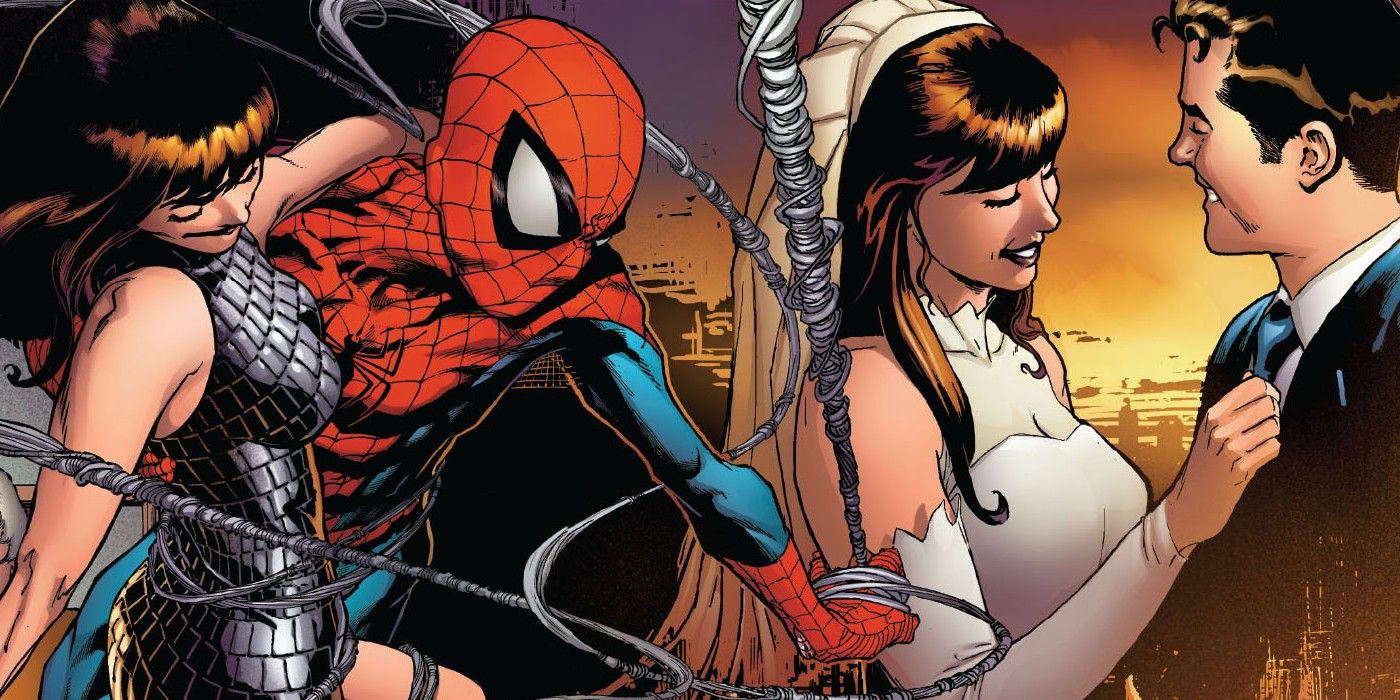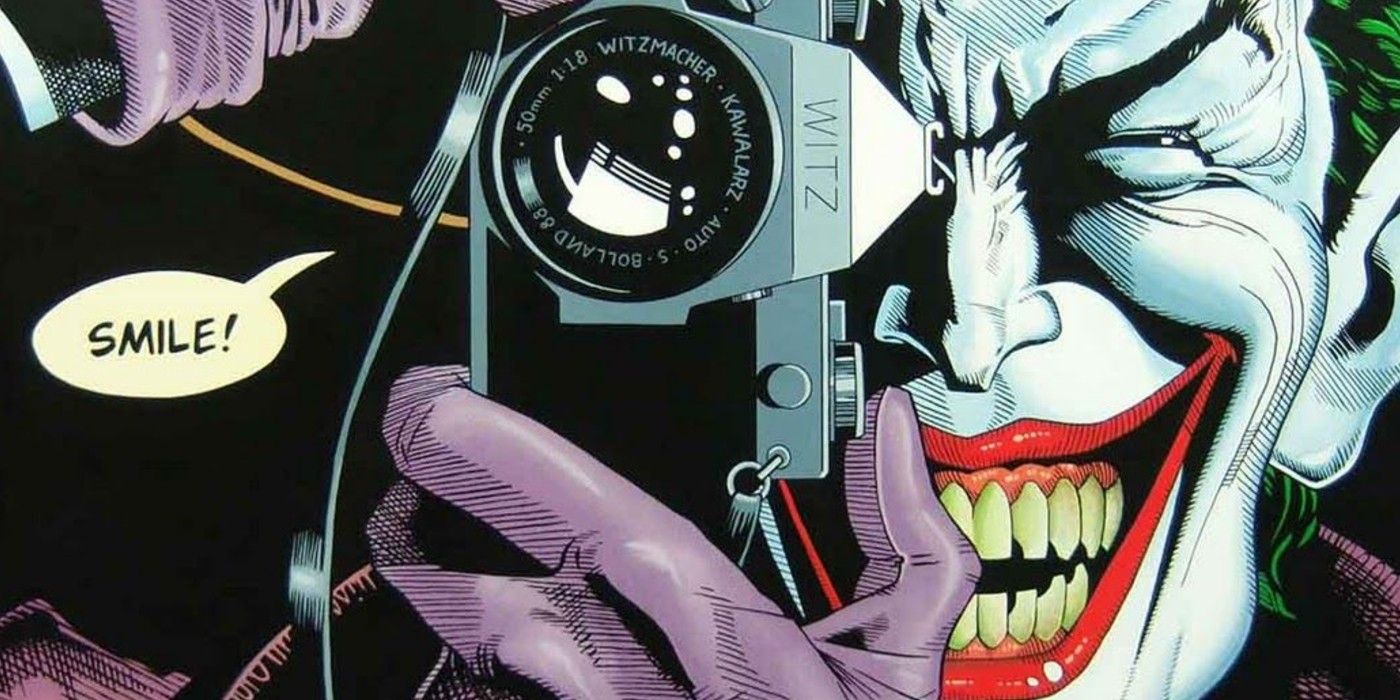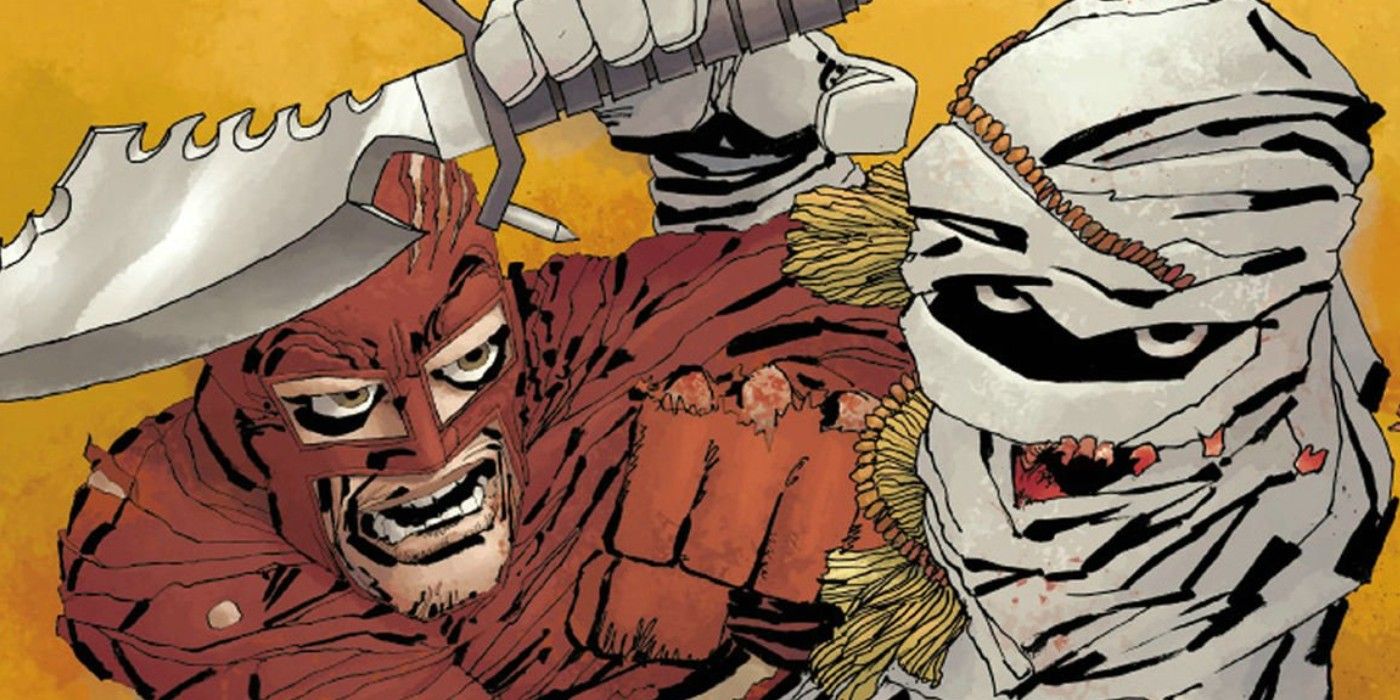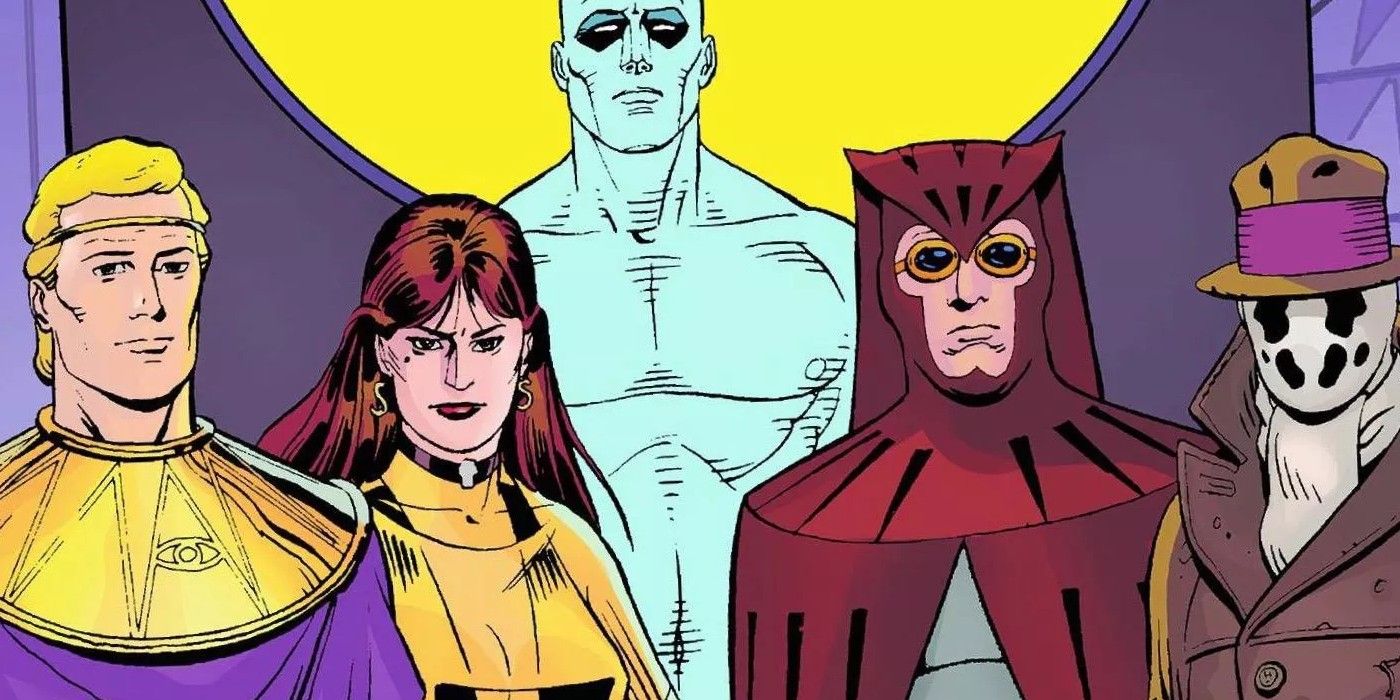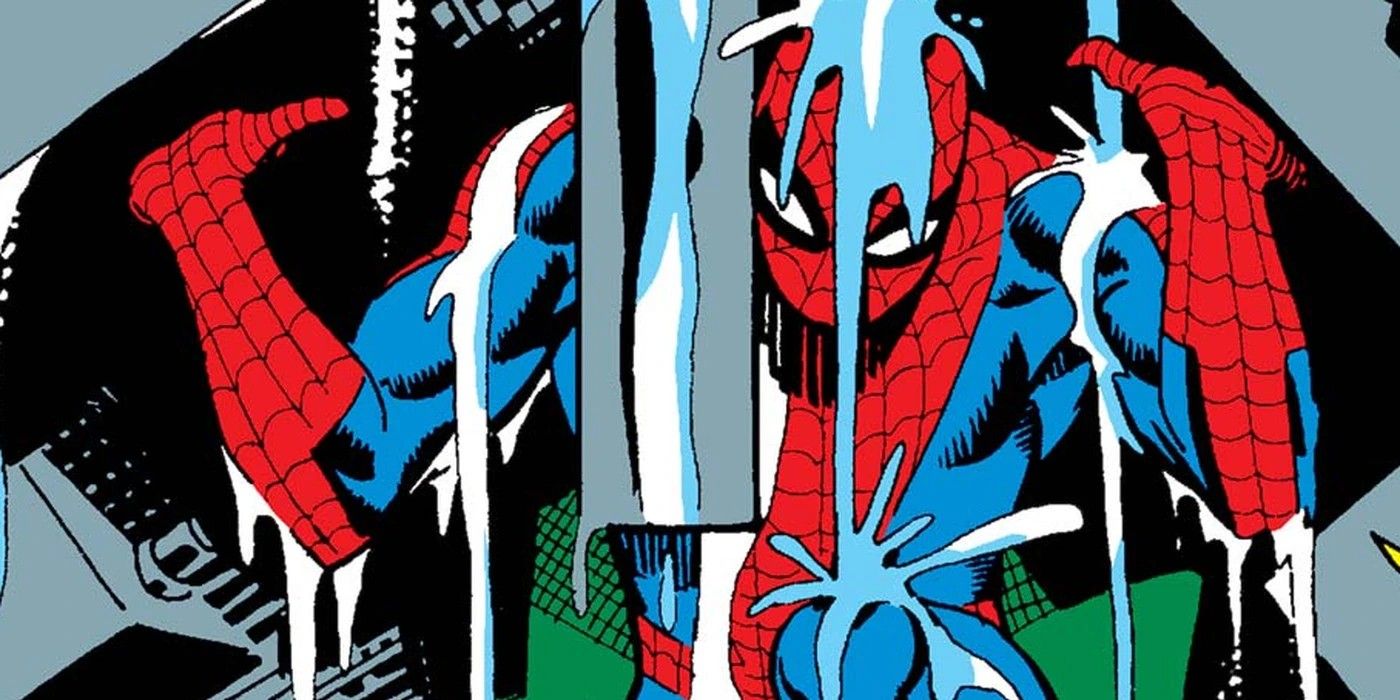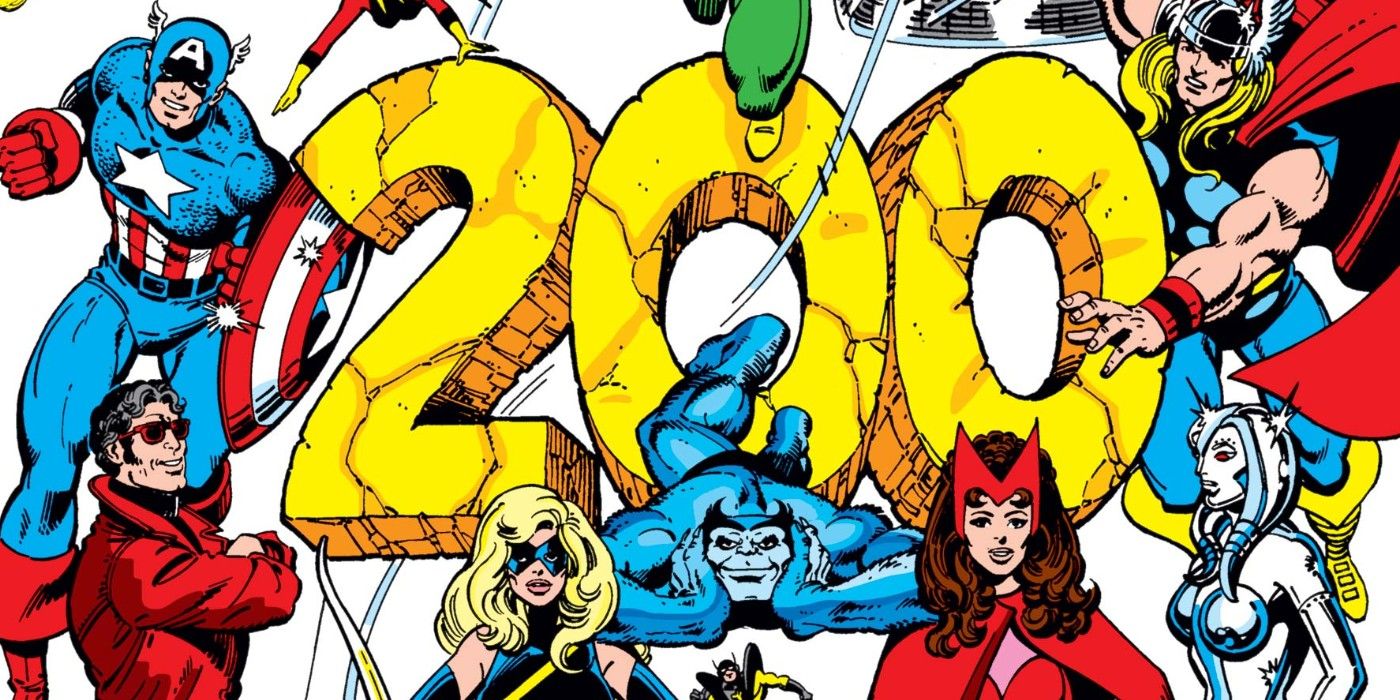Every now and then, a single comic or graphic novel can change the industry overnight with content that is new and thrilling. While readers may appreciate the innovative titles that stand out among the rest in the comic world, the sentiment isn’t always shared by the actual creators. Time and again, comics writers, artists, and even publishers wish they didn’t make a certain title or two for different reasons.
From stories that didn’t age well to issues that should never have been made at all, find out what some comics trailblazers have to say about iconic works they’ve come to regret.
10 DC Called The New 52 A Mistake
This isn't a single story, but it bears mentioning. Aside from owning the two most important superheroes of all time (i.e. Superman and Batman), DC Comics is known for its endless reboots, with The New 52 being the most recognized yet infamous. In an effort to revitalize old superheroes and attract new readers, DC Comics launched this initiative, which backfired, to say the least.
The New 52 repeated the sensationalist mistakes that nearly killed the comics industry in the ‘90s, and DC’s heads Jim Lee and Dan DiDio were the first to admit these miscalculations. While conceptually sound, The New 52 reboot failed to achieve its goals, instead favoring rushed decisions, pandering, oversaturating events, and “diluting the brand.” These mistakes were addressed and improved in the better-received reboot DC Rebirth.
9 Jhonen Vasquez Feels Sick About Johnny The Homicidal Maniac
It shouldn’t be too surprising that the creator of the black comedy Invader Zim made some pretty edgy comics in the past. When starting out, Vasquez created Johnny the Homicidal Maniac, which starred a serial killer with a penchant for murder and misanthropic anti-social screeds.
While it has a cult following (especially in the emo crowd), Vasquez regrets making it as it doesn’t reflect who is today. He also worries that kids who loved Invader Zim might seek out Johnny, which isn’t just age-inappropriate but something that makes him “sick.” Looking back, Vasquez only wonders what was wrong with his life that led him to creating Johnny.
8 James O’Barr Almost Disowned The Crow When Grieving
The Crow – which tells Eric Draven’s resurrection to exact deadly vengeance – remains an indie comic landmark even today yet for a time, its creator wanted nothing more in the world than for it to not exist. O’Barr already had a tough history with the Gothic tragedy, making it to cope with the death of his fiancé, and the movie made it worse.
Brandon Lee (Eric in the movie) and O’Barr became friends on set, but Lee died in a gunfight scene gone wrong. Feeling his comic glorified violence and revenge, O’Barr donated his royalties to charity and publicly wished he never created The Crow. He grew close to Lee’s fiancé Eliza Hutton, who he credits for helping him come to terms with The Crow.
7 Mark Waid Thinks Deadpool Is A Creep
Deadpool is Marvel’s most popular anti-hero, with his fourth-wall-breaking lunacy being balanced out by fleeting moments of humanity. It took a while for Deadpool to get to this point, and fans credit Waid’s Sins of the Past for setting the stage. Waid, however, regrets humanizing Deadpool, who he’s described as a “creep.”
The Kingdom Come author’s issues stem from Deadpool’s lack of restraint and comeuppances, as he gets away with unsavory tactics and killing whoever’s in his way even if they didn’t do anything to him. Waid said that he would’ve never agreed to write Sins of the Past if he knew how low Deadpool could and would go.
6 Michael Straczynski Hates One More Day
There’s no Spider-Man story as controversial yet well-known as One More Day, where Peter Parker sells his marriage to Mephisto to save Aunt May’s life. Though he wrote it, Straczynski wants nothing to do with the story and puts the blame on then editor-in-chief Joe Quesada’s feet.
Without killing either character, Quesada wanted to end Peter’s marriage to Mary Jane Watson to force a return to Spider-Man’s more youthful adventures – which Straczynski and fans disagreed with. Quesada’s intrusive editorial demands didn't help either, which interfered with Straczynsk’s writing that he was only doing under protest. Straczynski was public about this creative dispute and wanted his name taken off the final issue, but was talked out of it at the last second.
5 Alan Moore Regrets The Killing Joke
DC readers agree that The Killing Joke is the quintessential Joker story, as it not only shows Joker’s (potential) backstory but it took his rivalry with Batman to new, philosophical heights. But just three months after the book’s publication, Moore was already distancing himself from it.
To Moore, Batman and Joker are inherently silly characters who should’ve never been thrown into such dark yet uninterestingly melodramatic events. His biggest regret regards Barbara Gordon, as she’s assaulted by the Joker and barely mentioned again. Moore admits this was uncalled for and offensive, calling her fate and the book “too violent... too sexualized.”
4 Frank Miller Apologized For Holy Terror
Holy Terror isn’t exactly Miller’s most well-known story but it’s so infamous that it dominated the conversation, permanently damaging the once-influential writer’s legacy. Originally a Batman comic where he fought Al-Qaeda, Holy Terror devolved into an original story Miller likened to World War II-era propaganda. The result was one of the most hateful pieces of fiction ever published.
From the offset, Holy Terror was criticized for being Islamophobic and unhinged. Even without the controversies, it was a transparent Batman bootleg, where a tasteless caricature of a real terrorist faction replaced Batman’s Rogues Gallery. In 2018, Miller apologized, confessing that it came from a very dark and angry place that he hopes to never revisit.
3 Alan Moore & Dave Gibbons Disapprove Of Watchmen’s Cultural Impact
This isn’t so much as Moore regrets writing Watchmen as he hates what happened to it and how it changed comics for the worse. To keep a long, well-documented story short, DC cheated Moore out of Watchmen’s rights and royalties. Moore left DC in the worst terms imaginable, and DC went on to make unapproved sequels, prequels, and live-action adaptations.
Additionally, Watchmen started the gritty comics of the ‘90s, which Moore and Gibbons regret. Where Gibbons apologized for inadvertently ushering a period of “misery,” Moore blames himself for getting the wrong message across. For him, Watchmen stagnated comics and society at large, legitimizing superhero-themed escapism instead of helping creators and readers appreciate then move on from such childhood fantasies.
2 Steve Ditko Refused To Talk About Spider-Man
The debate of who truly created Spider-Man rages to this day, but it’s undeniable that the webslinger is equal parts the brainchild of comic titans Stan Lee and Steve Ditko. Though they started out as the perfect creative tandem, Lee and Ditko began to have heated disagreements about Spidey’s depiction and pretty much everything, from politics to personal matters.
The two had such a falling out that they didn’t talk to each other before and after Ditko left Marvel in the ‘60s. During this time, Ditko refused to answer questions about Spider-Man, only bringing up Lee’s apparent lack of input during their collaborations if asked. The two reconciled decades later, but Ditko remained as reclusive as ever before his passing in 2018.
1 Marvel Comics Wants To Forget Avengers #200
Avengers #200 should’ve been a celebratory issue for Marvel but instead, it went down in history as one of the worst comics ever made. Literally anyone who worked on this controversial issue has come to regret it, and with good reason. There’s no easy way to put this, but Avengers #200 tells Ms. Marvel’s non-consensual pregnancy (to put it lightly) and the Avengers’ terribly insensitive reactions.
The issue’s editor and co-plotter, Jim Shooter, called the story “heinous,” apologizing for his oversight that led to the issue’s approval. Then-Ms. Marvel writer Chris Claremont took offense with the issue’s implications and characterizations, especially Ms. Marvel's. Marvel essentially apologized through Avengers Annual #10 (written by Claremont), where Ms. Marvel called out the Avengers for their callousness. These events have since been ignored by mainstream canon.

